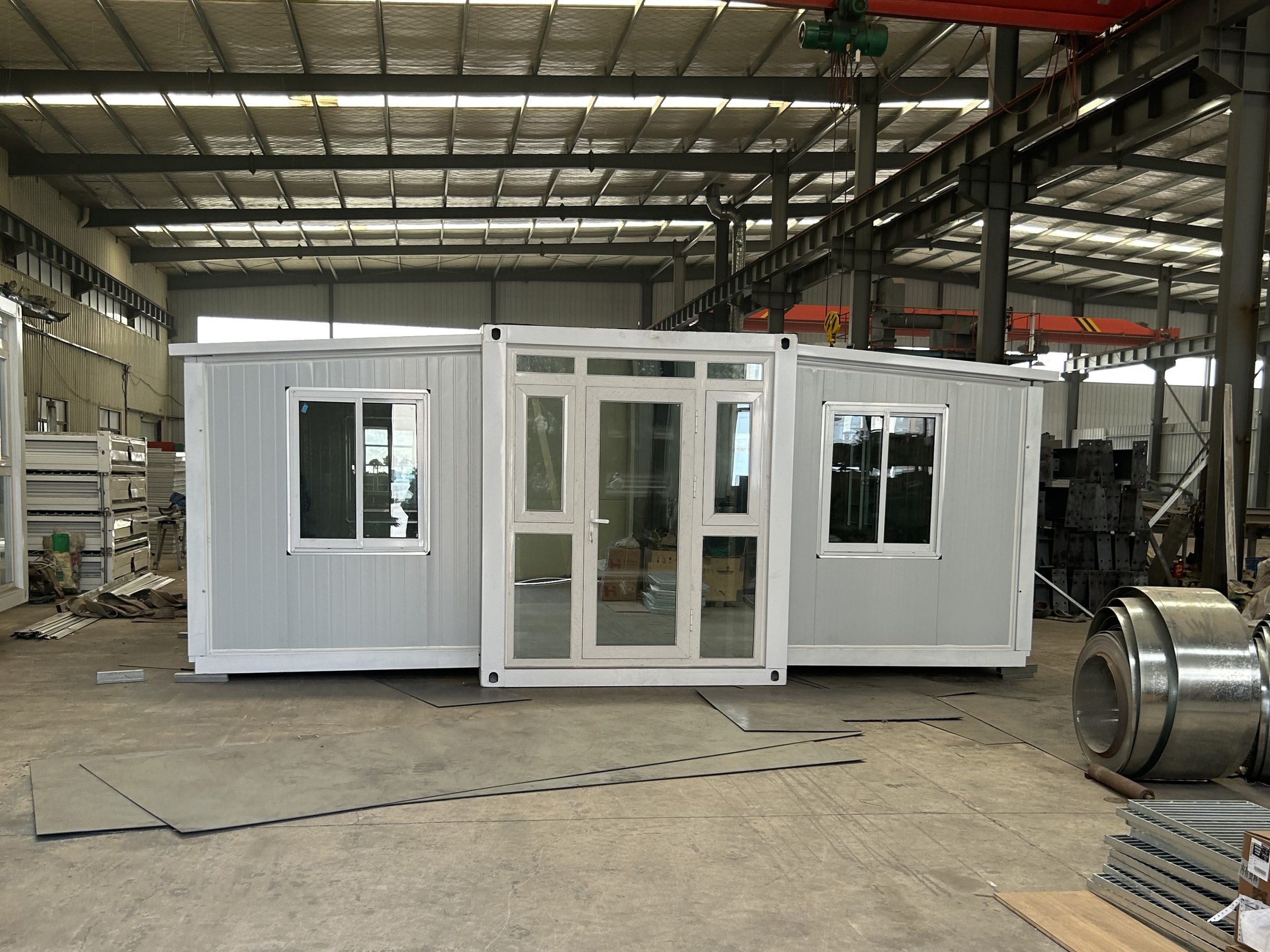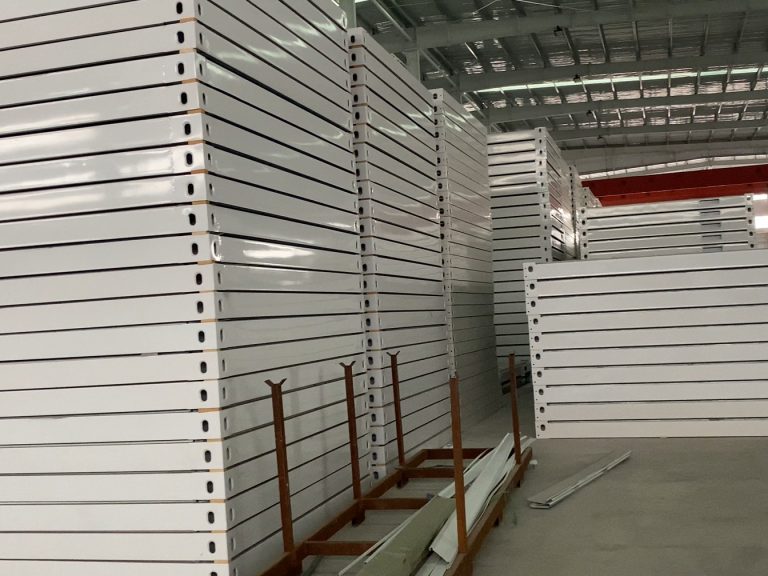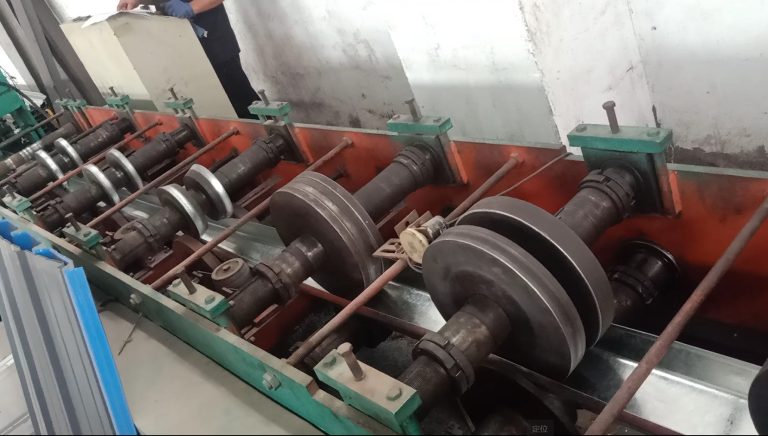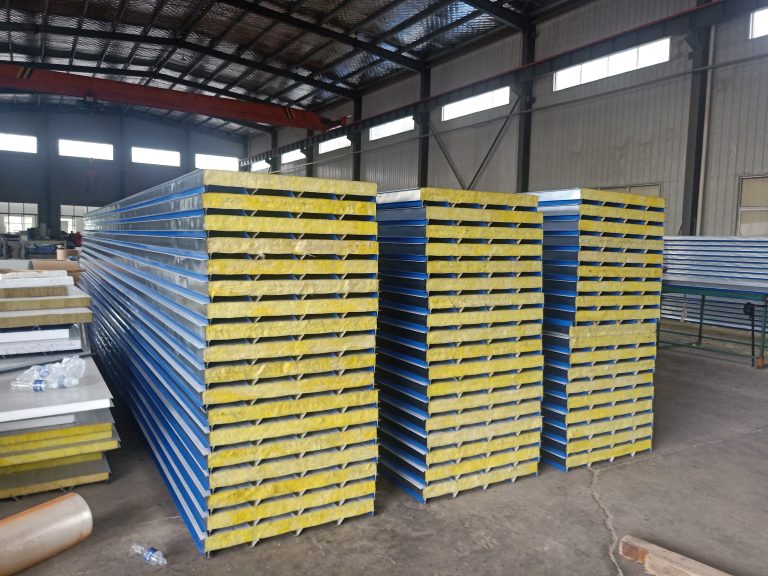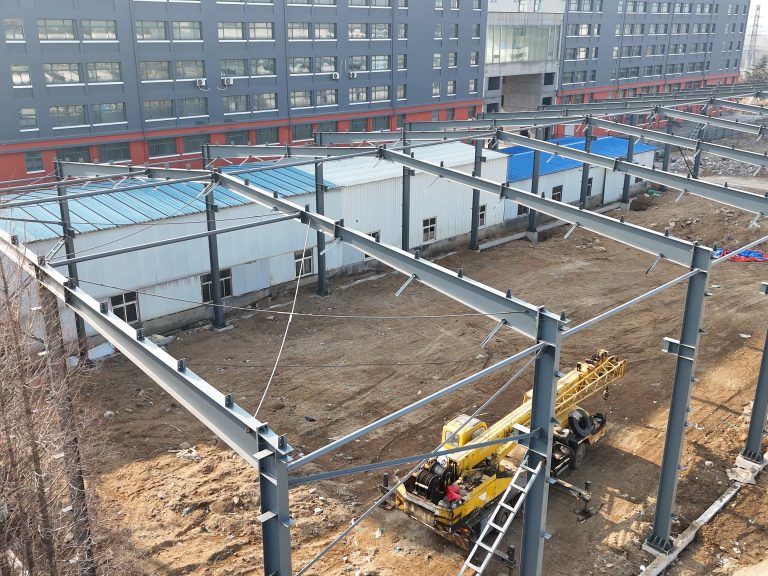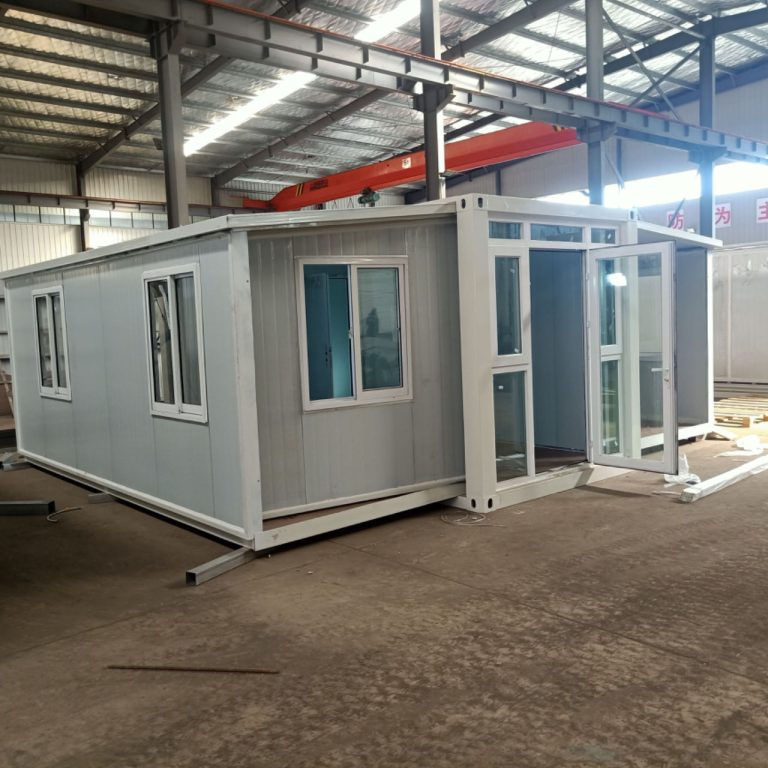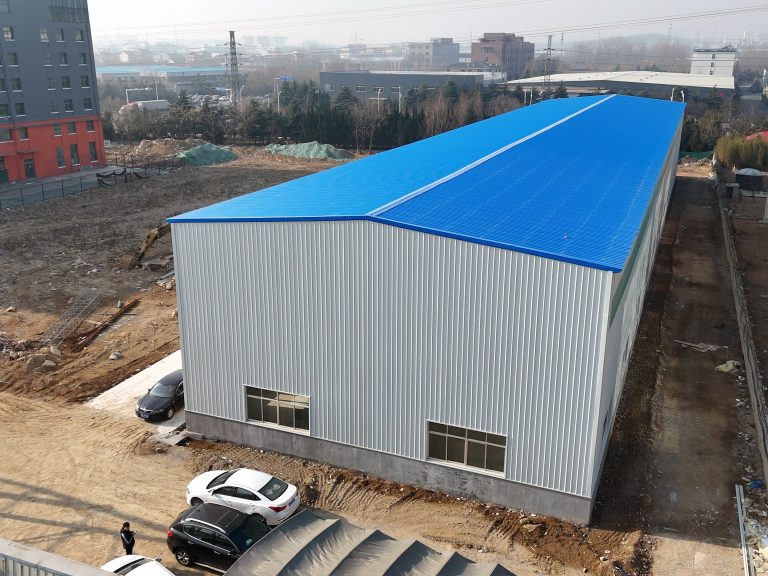The Impact of Tariffs on International Steel Trade
International trade plays a crucial role in the global economy, with various industries relying on the exchange of goods and services across borders. One such industry is the steel industry, which is a key player in international trade due to its widespread use in construction, manufacturing, and infrastructure projects. The competitiveness of the steel industry is closely tied to international trade, as countries seek to gain a competitive edge in the global market.
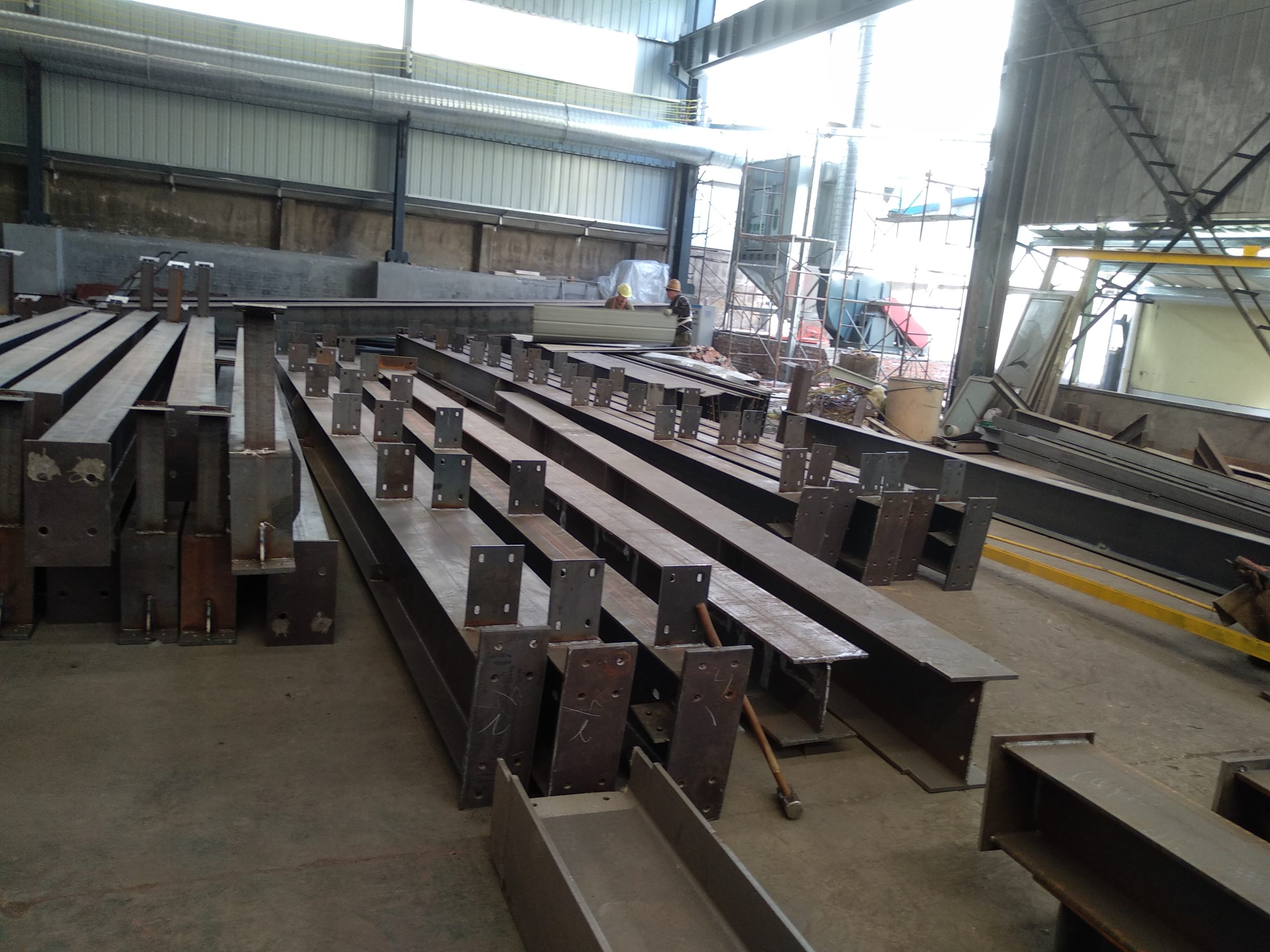

One of the factors that can impact the competitiveness of the steel industry is the imposition of tariffs on steel imports. Tariffs are taxes imposed on imported goods, with the aim of protecting domestic industries from foreign competition. While tariffs can provide a temporary boost to domestic steel producers by making imported steel more expensive, they can also have negative consequences for the industry as a whole.
When tariffs are imposed on steel imports, it can lead to higher prices for consumers and businesses that rely on steel products. This can have a ripple effect throughout the economy, as higher steel prices can increase the cost of production for industries that use steel as a raw material. In turn, this can lead to higher prices for goods and services, ultimately impacting consumers and businesses alike.
123
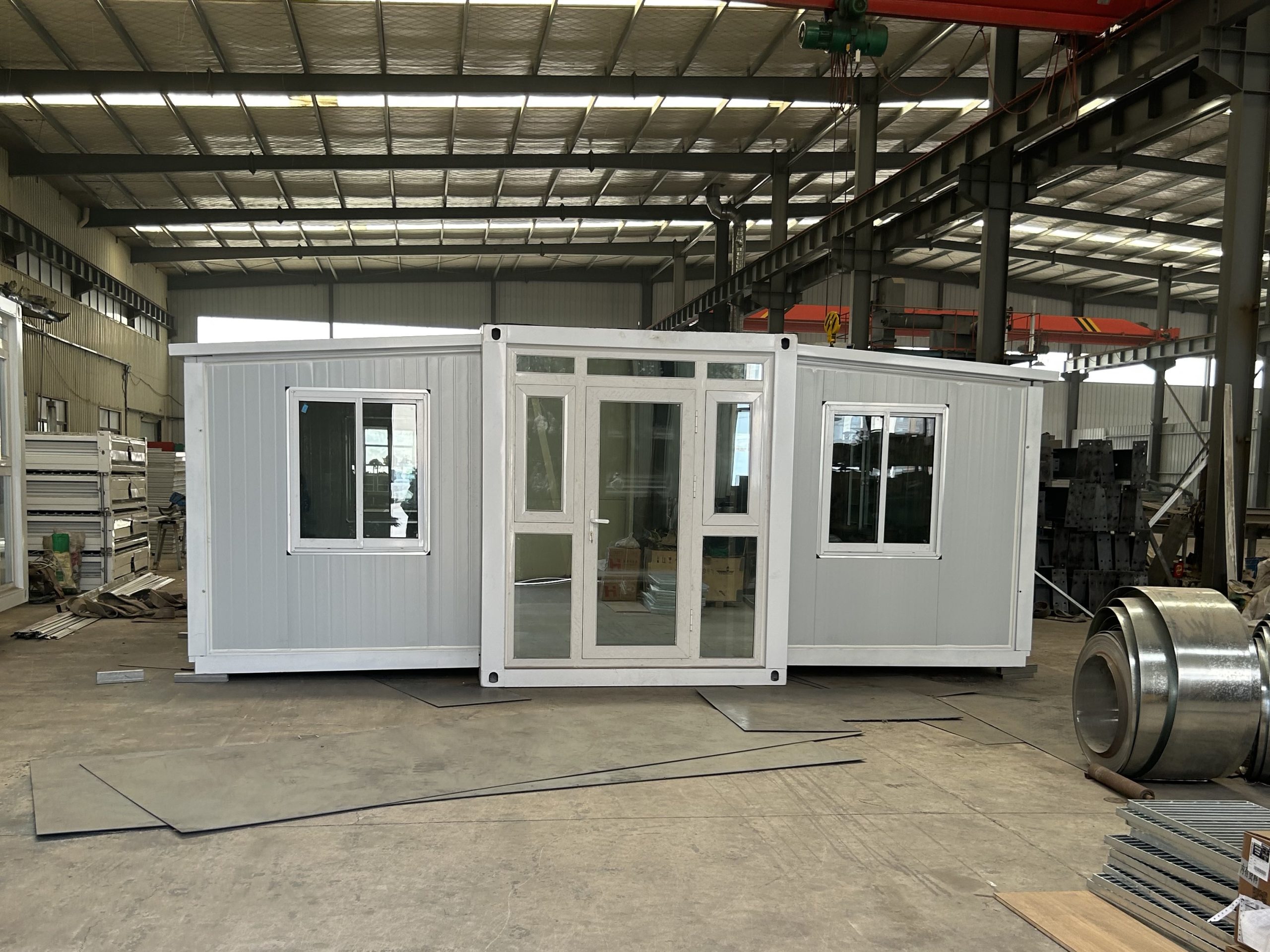
Furthermore, tariffs on steel imports can also lead to retaliatory measures from other countries. In response to tariffs imposed by one country, other countries may impose their own tariffs on steel exports from the country in question. This can escalate into a trade war, with countries imposing increasingly higher tariffs on each other’s goods, ultimately leading to a decrease in international trade and economic growth.

In addition to higher prices and retaliatory measures, tariffs on steel imports can also impact the competitiveness of domestic steel producers. While tariffs may provide temporary protection for domestic steel producers, they can also lead to a decrease in innovation and efficiency within the industry. Without the pressure of competition from foreign producers, domestic steel producers may become complacent and fail to invest in new technologies and processes that could improve their competitiveness in the long run.

To mitigate the negative impact of tariffs on the competitiveness of the steel industry, countries can explore alternative measures to protect domestic producers. One such measure is the implementation of quotas on steel imports, which limit the amount of steel that can be imported into a country. Quotas can provide a more targeted approach to protecting domestic producers, without the negative consequences of higher prices and retaliatory measures associated with tariffs.

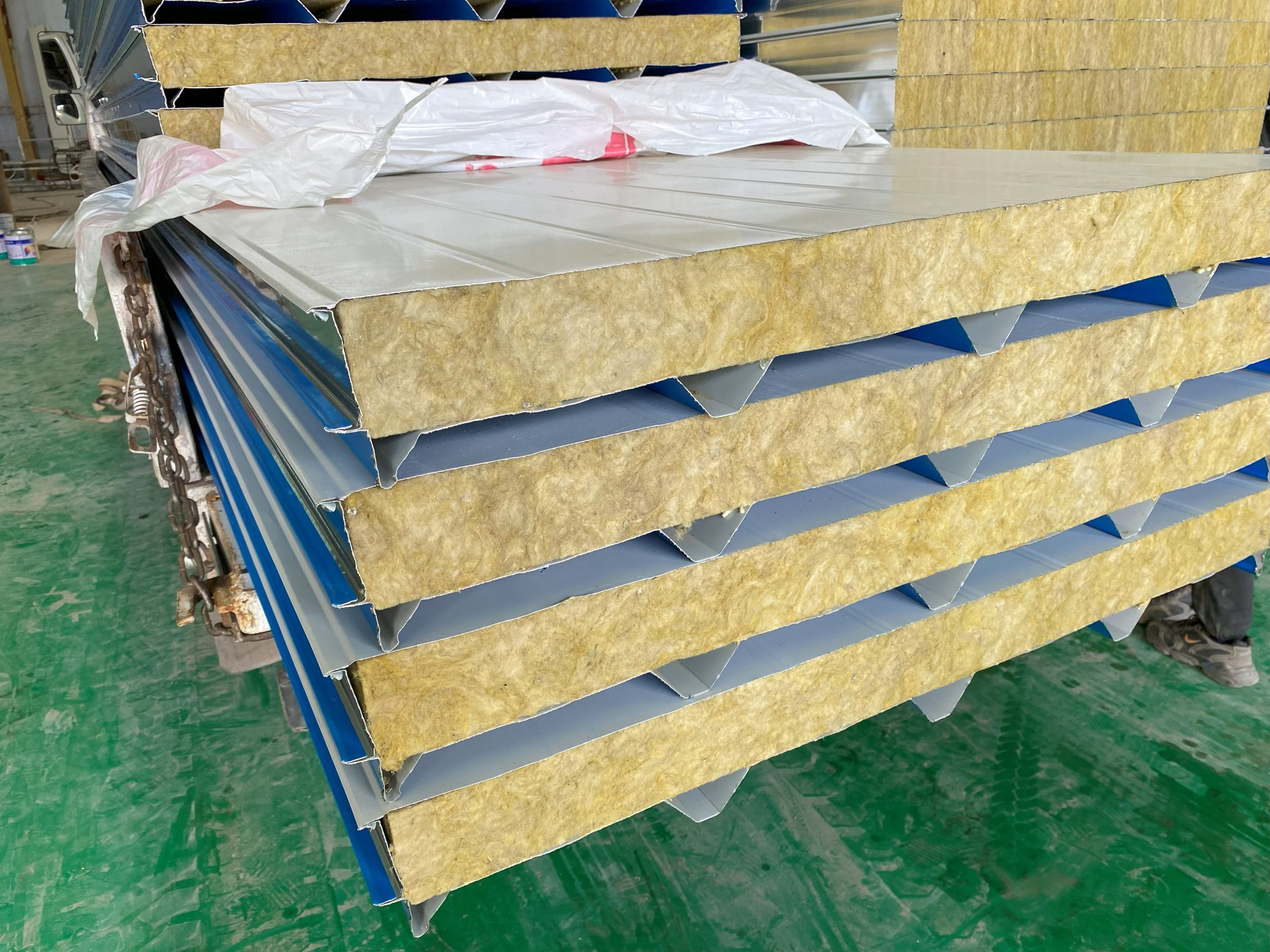
Another alternative to tariffs is the implementation of subsidies for domestic steel producers. Subsidies can help to lower the cost of production for domestic producers, making them more competitive in the global market. However, subsidies can also lead to distortions in the market, as they may artificially inflate the competitiveness of domestic producers and discourage innovation and efficiency.

In conclusion, the impact of tariffs on international steel trade can have far-reaching consequences for the competitiveness of the steel industry. While tariffs may provide temporary protection for domestic producers, they can also lead to higher prices, retaliatory measures, and a decrease in innovation and efficiency within the industry. To mitigate these negative impacts, countries can explore alternative measures such as quotas and subsidies to protect domestic producers while maintaining a competitive edge in the global market.
